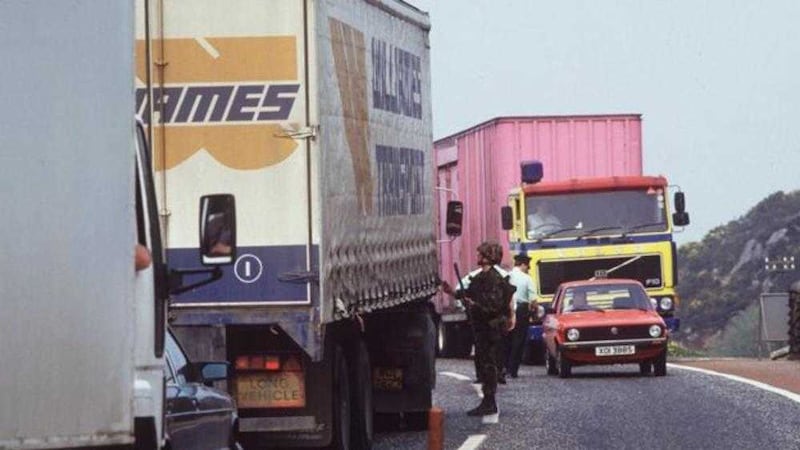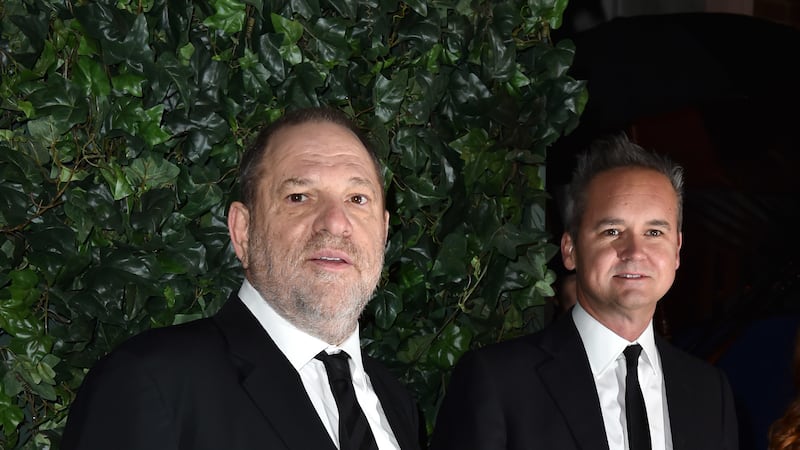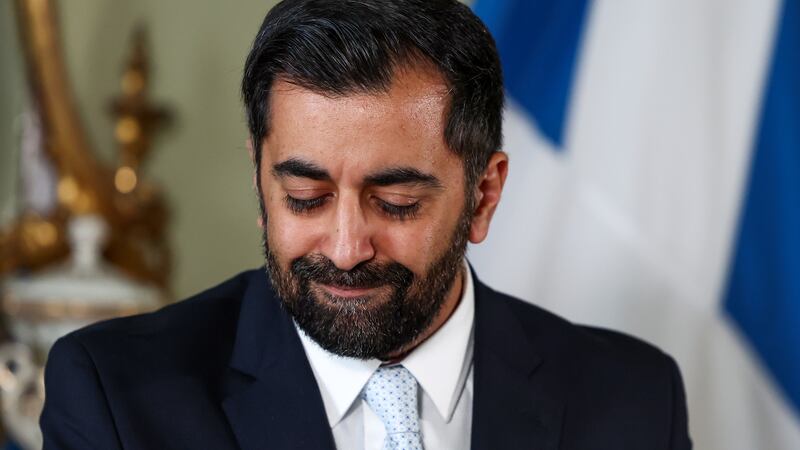There is continued uncertainly about how the border between Northern Ireland and the Republic will be policed when the UK exits from the European Union in two years time.
Negotiations about the timeframe for withdrawal from the EU will not begin until a new Conservative leader is appointed following the resignation of David Cameron yesterday.
With a new Prime Minister expected to be in place by October, plans on how the 300 miles of border is policed may not be put in place until the end of 2018.
In the run up to the referendum there were warnings of the return to a hard border and vehicle checkpoints at main crossing points, however, Secretary of State Theresa Villiers, has maintained this would not be necessary.
However, the EU could demand that as a member state authorities in the Republic put in place permanent border checkpoints. A decision on this will form a major part of the UK exit negotiations.
Security experts have said that policing the entire length of the border is unlikely given it proved impossible during the Troubles, but customs checks on heavy goods vehicles crossing from north to south would be necessary.
However, with immigration one of the major factors in the decision to leave the EU it seems almost certain that some form of passport check will be put in place to stop citizens of other EU member states entering the UK via the land border with Northern Ireland.
Ulster Unionist leader Mike Nesbitt said while there was still "no certainty about what will happen."
"We know from bitter experience that it is practically impossible to secure the border between Northern Ireland and the Republic of Ireland and as it is likely that freedom of movement will continue to apply on the island of Ireland, the challenge will be to stop illegal immigrants moving into Northern Ireland from the Republic.
"The next question that raises is how will the UK government stop people illegally entering Great Britain from Northern Ireland?
"The hard border could be at the ports and airports at Cairnryan, Heathrow, Gatwick and all the rest. Equally, there is no certainty there will be free trade, and will customs posts return?", he added.
Fr Sean McManus of the Irish National Caucus, who is a native of County Fermanagh, said that the return of a checkpoint while an "ugly" eyesore strengthened the case for Northern Ireland to move away from a union "that has never really cared ".
"Not only is my country divided, but my historic parish of Kinawley is also arbitrarily and arrogantly divided by that damn border, part is in the six counties and part in the Irish Republic.
"While the UK was in the EU, and with the coming of the peace-process, I had the joy of driving seamlessly home each summer from Dublin to the parish of Kinawley, and not seeing one British custom post or one British army manned border fortress.
"However, without trying to make a silk purse out of a sow's ear, one can gain some comfort with the thought that since Northern Ireland itself voted to remain in the EU, this now means that the vast majority of the people in Ireland, North and South, side with the EU rather than with England.
"Maybe, therefore, it can be said that the unionist cause is getting weaker and weaker", he said.
Sinn Féin MEP Martina Anderson said any attempt to introduce Irish Border controls would be “a major setback for the political process in the North”.
Adrian Cummins of the Restaurants Association of Ireland said: "Restaurateurs in border areas are deeply concerned with potential new border arrangements post Brexit".
However, loyalist blogger Jamie Bryson called for a return of the British army to patrol the border "as a matter of urgency."
"There will undoubtedly be an increased terror threat from Irish republican terrorists as well as an rapidly increasing threat of international terrorism emanating from within the open borders of the European Union," he said.
"Given these increased threats, especially during the period of the UK’s negotiation as we move towards an eventual exit, there is a clear need for increased border security.
"The British Army are clearly best equipped to provide the required security for the UK’s border areas under an increased terrorist threat," he added.




